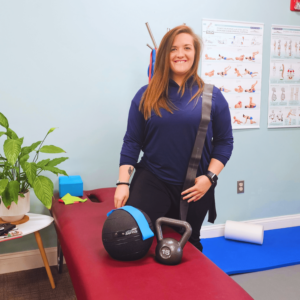-
-
Chiropractic Care
Spine Conditions
Extremity Pain & Injuries
Pregnancy & Pediatric Care
Injury Care
-
Therapies

Wellness Care
at Frederick Chiropractic Wellness Center -
Wellness Care

Wellness Care
at Frederick Chiropractic Wellness Center -
Resources

Resources


